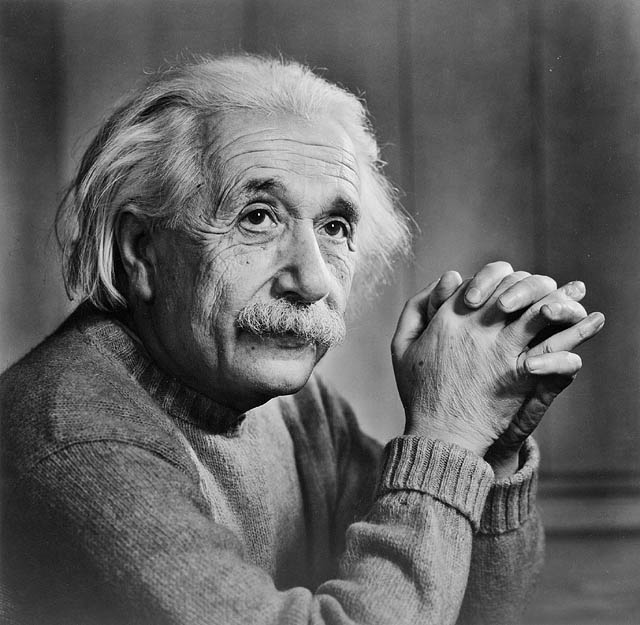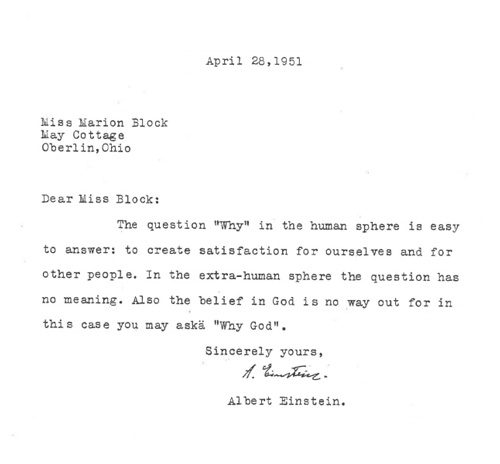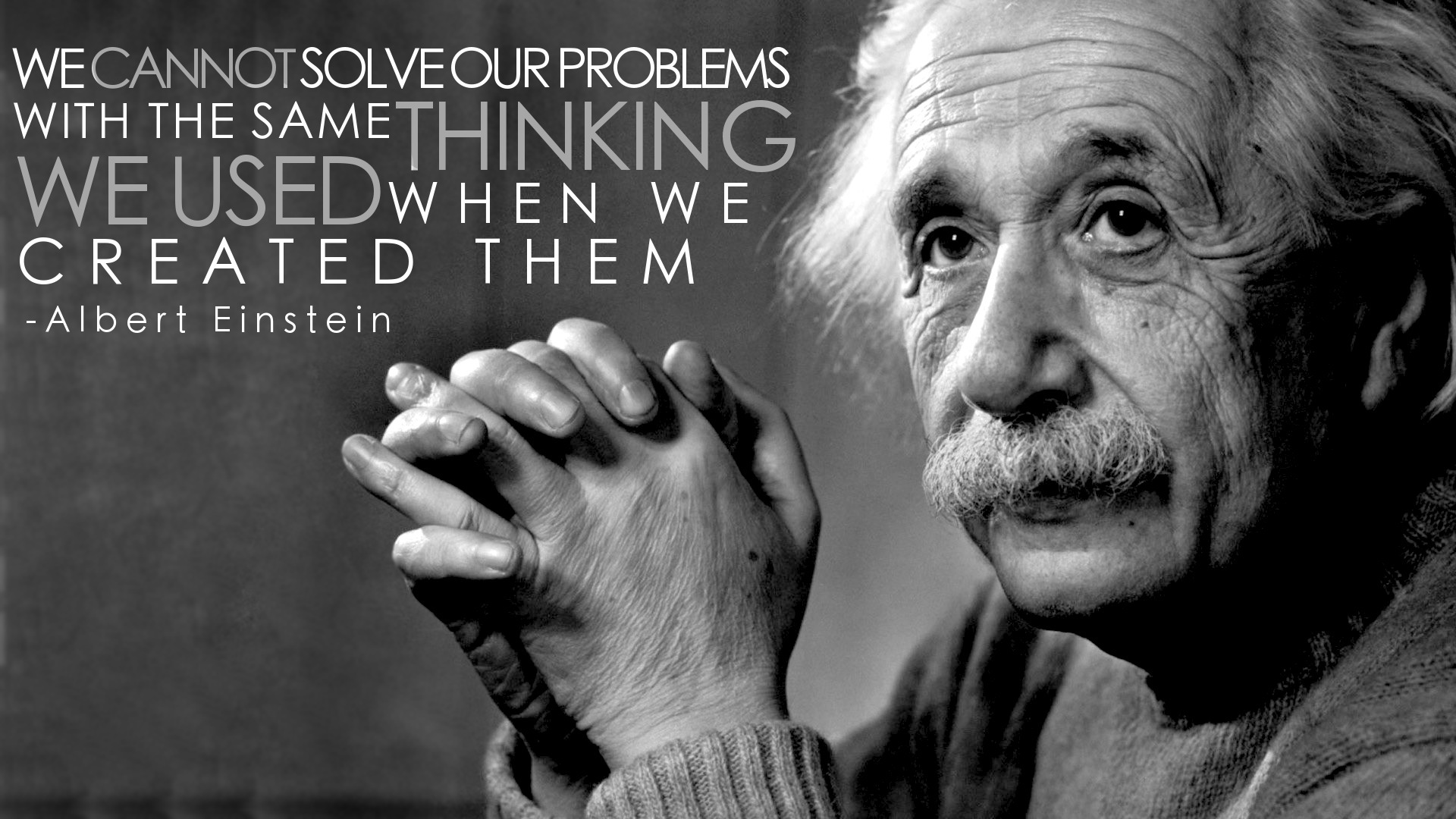The meaning of human existence in five lines.
 Given my soft spot for big thinkers’ answers to young people’s questions about life, I was thrilled when reader Dave Anderson shared the story of his mother’s exchange with none other than Albert Einstein. When Marion Block Anderson, an altogether exceptional woman, was a freshman at Oberlin College in 1951, she reached out to “the quintessential modern genius” and asked him, “Why are we alive?” She later told Dave about the impetus for her letter:
Given my soft spot for big thinkers’ answers to young people’s questions about life, I was thrilled when reader Dave Anderson shared the story of his mother’s exchange with none other than Albert Einstein. When Marion Block Anderson, an altogether exceptional woman, was a freshman at Oberlin College in 1951, she reached out to “the quintessential modern genius” and asked him, “Why are we alive?” She later told Dave about the impetus for her letter:We were having one war after another — first we had the First World War, then we had the Second World War and I just couldn’t see any point to the whole thing. So I wrote him a letter and I said, “What’s the point of living with what we’re going through here — having one war after another?”
Lo and behold, Einstein wrote back. While short, his letter extends with exquisite precision both the answer to the question about the meaning of lifeand his views on religion:

Einstein, in fact, had the admirable habit of actually responding to many of the letters he received from his young admirers, the best of which are collected inDear Professor Einstein: Albert Einstein’s Letters to and from Children (public library) — the same compendium that gave us Einstein’s heartening response to a little girl who wanted to be a scientist and his timeless answer to a child who wanted to know whether scientists pray.
Also see Einstein’s little-known correspondence with Freud on war and human nature and his remarkable conversation with Indian philosopher Tagore ontruth, beauty, science, and spirituality.
